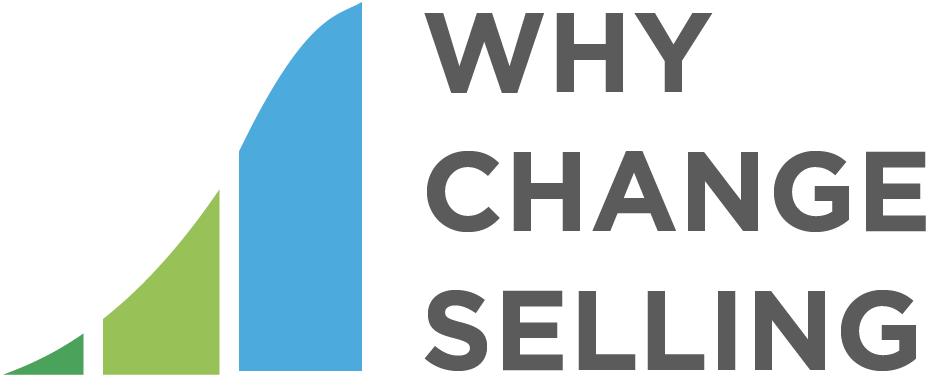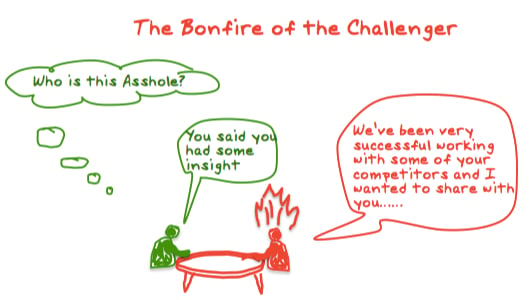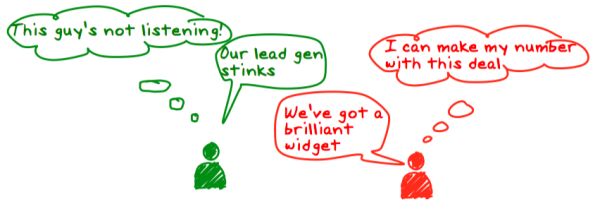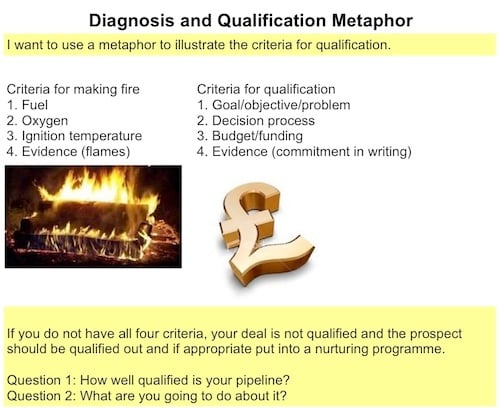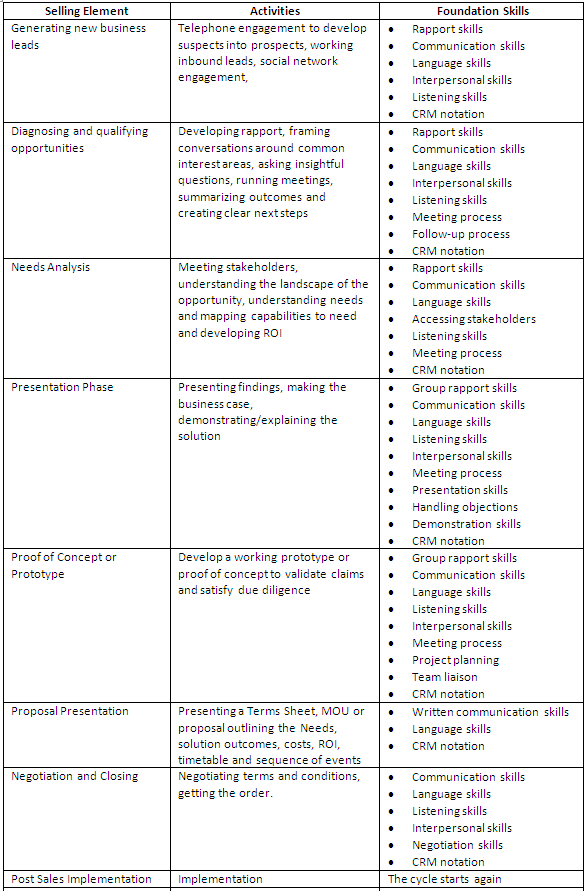Background
MicroStrategy in the late 1990's and early 2000's was successful in selling Business Intelligence software into the retail vertical and had secured a number of high profile retail customers. I had been successful in data warehousing sales at premium supermarket operators on the US West Coat at Safeway and American Stores and had worked with partner NCR in the retail market for the past year.Flush with the success of engineering the biggest deal in MicroStrategy history, an OEM deal to NCR and recent success in the supermarket business at Safeway, we visited the CIO of a rack and stack supermarket operator.
The meeting goal was to introduce MicroStrategy and share how our retail clients were using data warehousing and analytics in their supermarket business using MicroStrategy analytics in partnership with IBM to better manage their inventory, avoid stock-outs and improve margin.
After the greeting formalities, I opened the sales call with an introduction to the recent work we had done in data warehousing at high-end retail customers and the investments they had made and the results they were seeing. I could see the buyer getting uncomfortable in his chair before I had finished my introduction.
He then launched into an angry tirade about how they were a pennies on the dollar retailer and they had no interest in doing what Safeway or anyone else were doing. Their customers wanted to buy groceries at the lowest cost. They had no interest in category management or householding or market-basket analysis. Their business model was to buy low and sell low….at which point he got up and walked out of the meeting….the meeting had lasted less than 5 minutes.
What Happened?
- My selling style has always been assertive and it has at times been deliberately provocative, which is why The Challenger Sale caught my attention.
- In this call on a retailer at the opposite end of the market to my former clients, Safeway and American Stores, I came across as arrogant and condescending in my brilliant and challenging opening.
- The Challenger Sale is great in theory. In practice you need empathy and sensitivity or it can blow up in your face, just like it did for me.
Lessons learned
- Before you open your mouth about product or launch into your Challenger idea, you had better have established rapport to the point the buyer is ready to listen to your message.
- Know your customers business… it was clear that I had not done sufficient homework on the customer….they were technology laggards and data warehousing was still in the early adopter phase. IBM invited us into the meeting, but it was a meeting we should never have attended.
- Empathy is a natural human trait, but for some, it is undeveloped or suppressed due to circumstance and environment and has to learned in a voyage of self-discovery. My wife told me I had no empathy and this call triggered a journey of self discovery, starting with a series of sessions with a psycho-therapist.
- Communication and rapport skills are assumed to be innate for anyone in sales; in reality, most salespeople grossly overestimate their ability to connect at an emotional level and truly listen.
- NLP Practitioner training would be a good start for anyone in sales or presales struggling with empathy, sensitivity or connecting emotionally with others and it will serve them well outside their business life.
Click here for a free trial.
